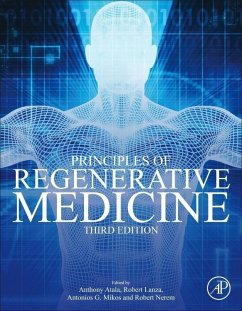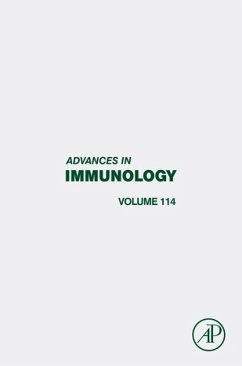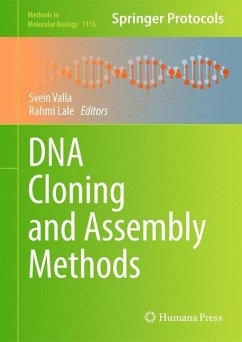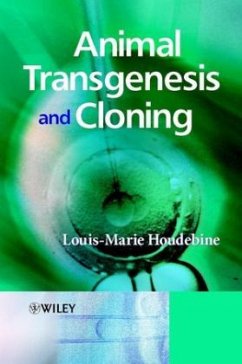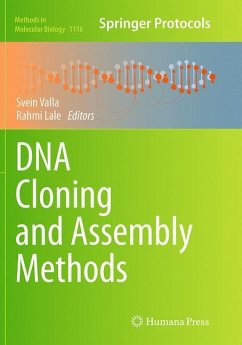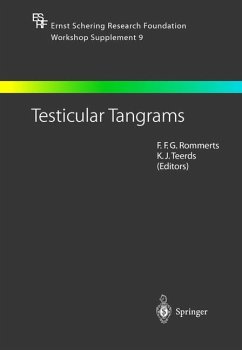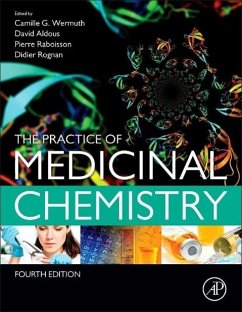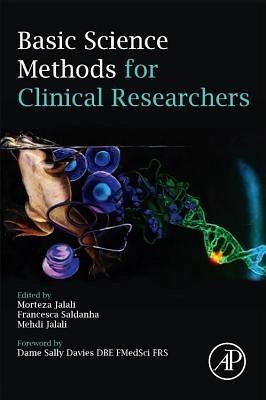
Basic Science Methods for Clinical Researchers

PAYBACK Punkte
34 °P sammeln!
Basic Science Methods for Clinical Researchers addresses the specific challenges faced by clinicians without a conventional science background. The aim of the book is to introduce the reader to core experimental methods commonly used to answer questions in basic science research and to outline their relative strengths and limitations in generating conclusive data.This book will be a vital companion for clinicians undertaking laboratory-based science. It will support clinicians in the pursuit of their academic interests and in making an original contribution to their chosen field. In doing so, ...
Basic Science Methods for Clinical Researchers addresses the specific challenges faced by clinicians without a conventional science background. The aim of the book is to introduce the reader to core experimental methods commonly used to answer questions in basic science research and to outline their relative strengths and limitations in generating conclusive data.
This book will be a vital companion for clinicians undertaking laboratory-based science. It will support clinicians in the pursuit of their academic interests and in making an original contribution to their chosen field. In doing so, it will facilitate the development of tomorrow's clinician scientists and future leaders in discovery science.
This book will be a vital companion for clinicians undertaking laboratory-based science. It will support clinicians in the pursuit of their academic interests and in making an original contribution to their chosen field. In doing so, it will facilitate the development of tomorrow's clinician scientists and future leaders in discovery science.





